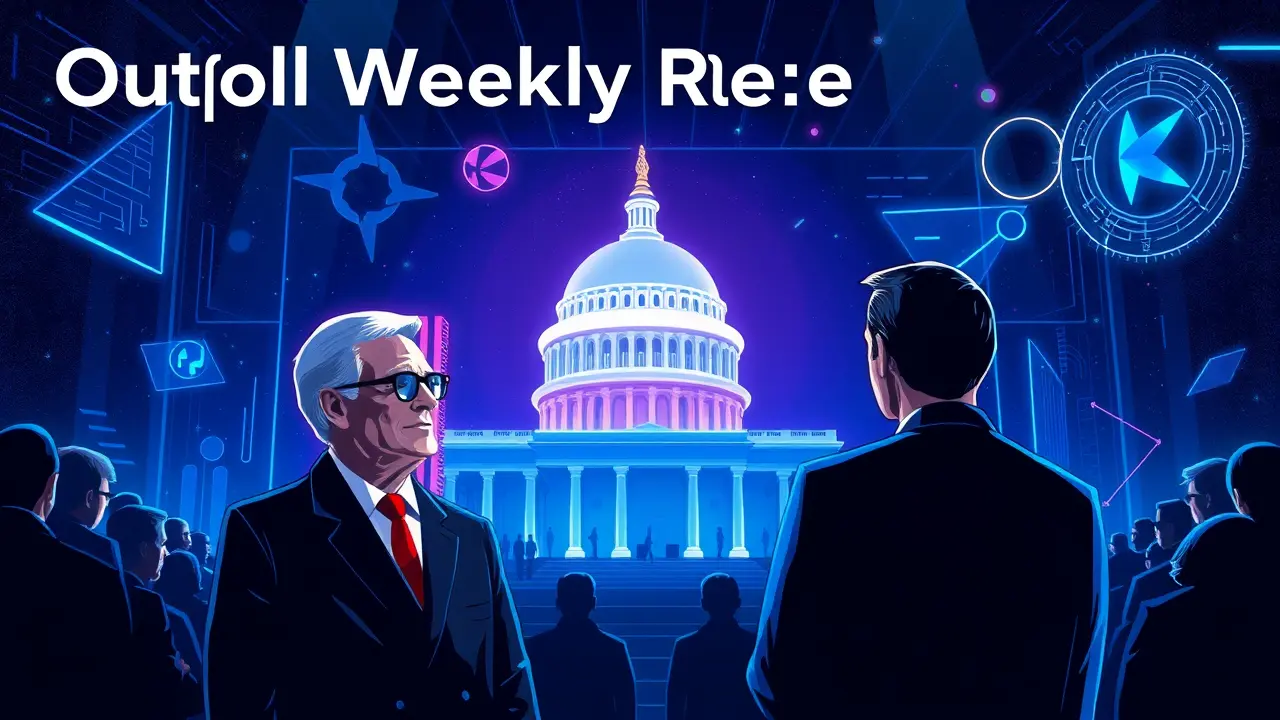
Politics
Outpoll Weekly Recap: Politics (October 27 – November 2, 2025)
MA
Mark Johnson
4 hours ago7 min read5 comments
This week felt like the final, frantic push in a high-stakes campaign war room, with the political landscape reshaped by a series of strategic bombshells and market-moving maneuvers. The centerpiece was the dramatic, last-minute withdrawal of Senator Charles Thorne from the presidential primary—a political shockwave that sent prediction markets into a tailspin and left operatives scrambling.Thorne’s exit wasn't just a headline; it was a masterclass in political theater, executed with a precision that would make any campaign manager envious. His polling had flatlined, his debate performances were failing to connect, and the donor class was closing their checkbooks.The smart money saw it coming, with his nomination odds on Outpoll cratering from a respectable 18% to a dismal 3% in just 48 hours before the official announcement. This wasn't a surrender; it was a strategic redeployment of his influence, and the immediate beneficiary was Governor Elena Vance, whose odds skyrocketed from 22% to a commanding 41% as she absorbed the bulk of Thorne's moderate-conservative base.But let's not call it a coronation just yet. The progressive flank, led by the fiery Representative Ben Carter, saw an opening, with his market probability ticking up a solid five points as he positioned himself as the unapologetic alternative.This primary is now a two-front war, and the battle lines are drawn not in TV ads, but in the volatile numbers of the prediction markets. Meanwhile, across the Atlantic, the German coalition government is facing its own internal insurrection, teetering on the brink of collapse after the junior partner, the Free Democrats, dug in their heels over a proposed digital services tax.The political risk, as tracked by Outpoll’s ‘Government Stability’ contract, spiked to a 65% probability of a no-confidence vote being called within the next month. This isn't just Berlin's problem; it's a tremor felt in Brussels and Washington, threatening to destabilize the EU's unified front on tech regulation and global trade.Back stateside, the political ground shifted again with a surprise Senate committee vote to advance the ‘American Data Privacy Act. ’ This was a classic inside-the-Beltway upset—lobbyists for the tech giants had it pegged as dead on arrival, but a last-minute, cross-aisle coalition of privacy hawks and populists pushed it through.The market reaction was instantaneous: shares in targeted data brokers dipped, while contracts predicting the passage of major federal privacy legislation this congressional session jumped from a sleepy 15% to a vibrant 48%. This week proved, yet again, that in modern politics, the most telling polls aren't always the ones asking for your vote, but the ones where people are putting their money where their mouth is, betting on the outcomes that shape our world.
#Weekly recap
Stay Informed. Act Smarter.
Get weekly highlights, major headlines, and expert insights — then put your knowledge to work in our live prediction markets.
Related News
© 2025 Outpoll Service LTD. All rights reserved.














